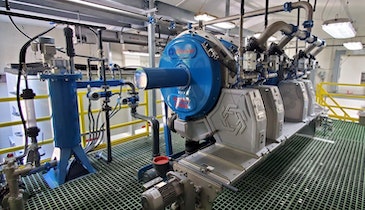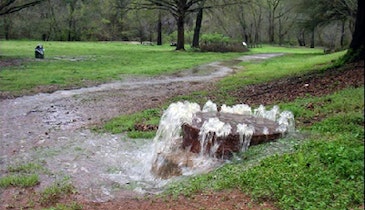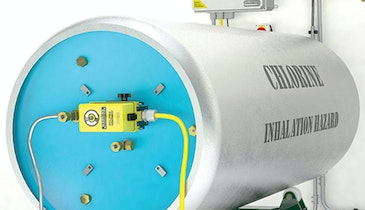Interested in COVID-19?
Get COVID-19 articles, news and videos right in your inbox! Sign up now.
COVID-19 + Get AlertsTwo Michigan State University labs will receive nearly $6 million for projects to conduct COVID-19 wastewater surveillance and testing.
The funding is part of a $49 million grant supporting 19 local projects from the Michigan Department of Health and Human Services to continue wastewater surveillance in areas statewide.
Joan Rose’s Water Quality and Environmental Microbiology Laboratory and Irene Xagoraraki’s Environmental Virology Laboratory each received funding. Rose’s lab will serve as the lead laboratory, responsible for standardizing lab testing and providing technical assistance. Her lab will receive $3.2 million, while Xagoraraki’s lab will receive $2.7 million.
Funding for the project will continue through July 31, 2023. As COVID-19 cases decrease across the state, wastewater monitoring can provide useful information regarding disease detection and spread on a larger community level. This can be especially important as clinical testing rates decrease.
"We are going use wastewater surveillance as a way to examine the disease spread and improve communications, access to testing and vaccinations, and return the campus to a vibrant, interactive place to learn,” says Rose, MSU Homer Nowlin endowed chair in water research (affiliated with the Departments of Fisheries and Wildlife and Plant, Soil and Microbial Sciences) and leader of the Global Water Pathogens Project. “This will be particularly important in the fall when we come back to campus due to the seasonal nature of the virus.”
Xagoraraki, professor of environmental engineering, and her research team began a wastewater-based epidemiology project in 2017 in collaboration with the city of Detroit. The new project focuses on the use of wastewater surveillance to provide early warnings of COVID-19 cases in the Detroit metropolitan area using wastewater treatment plant and community sewer-shed surveillance, Xagoraraki says.
“Outcomes of this project will provide important information on prediction and control of upcoming peaks for SARs-CoV-2 and variants in the area,” Xagoraraki says.
The new funding expands the current monitoring system to cover a larger geographic portion of Michigan. Over the course of the project, it is estimated that more than 87,000 wastewater samples will be collected and analyzed.
"I am so proud to be part of the Michigan network of advance laboratories,” Rose says. “This is unique in the U.S., and everyone is contributing to the well-being of Michiganders through partnerships between public health, state government and wastewater utilities."
To view data from the pilot project, visit the Michigan COVID-19 Wastewater Dashboard. This dashboard will be updated in the near future to reflect the new data that results from this funding. For more information on wastewater monitoring, visit the Wastewater Surveillance for COVID-19 website.





